The U.S. economy’s pace took a stumble in the first quarter, as reported by the Commerce Department. Despite earlier hopes, growth cooled off considerably, causing some anxiety at the White House.
“The update primarily reflected a downward revision to consumer spending,” noted the Bureau of Economic Analysis.
Biden’s Re-election Jitters
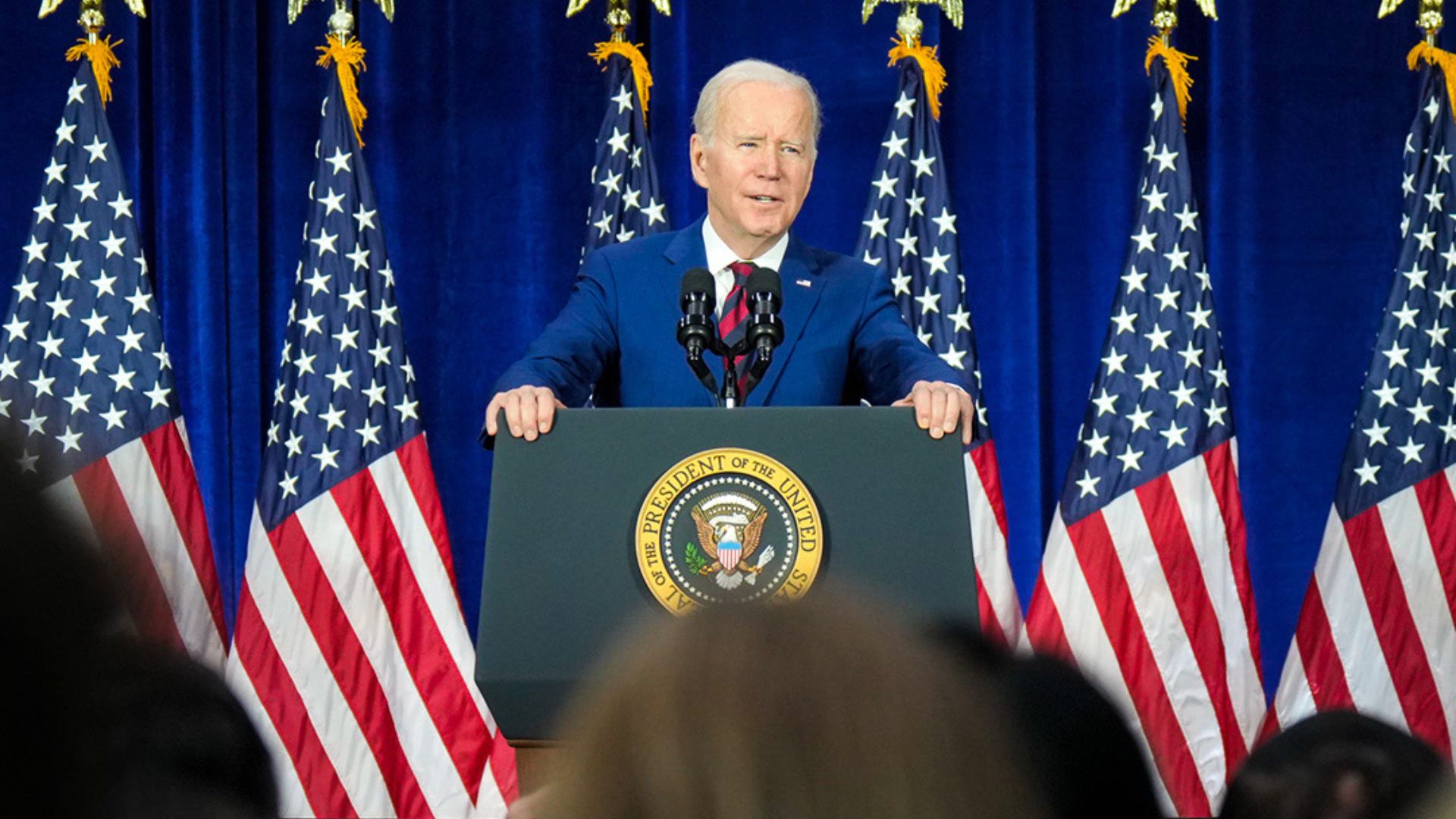
The slower economic growth isn’t just numbers; it’s potential trouble for President Biden as he eyes reelection.
With voter confidence waning over his economic management, the stakes are higher than ever. As voters spotlight the economy as a critical issue, Biden’s strategies are under the microscope.
Downward Adjustments
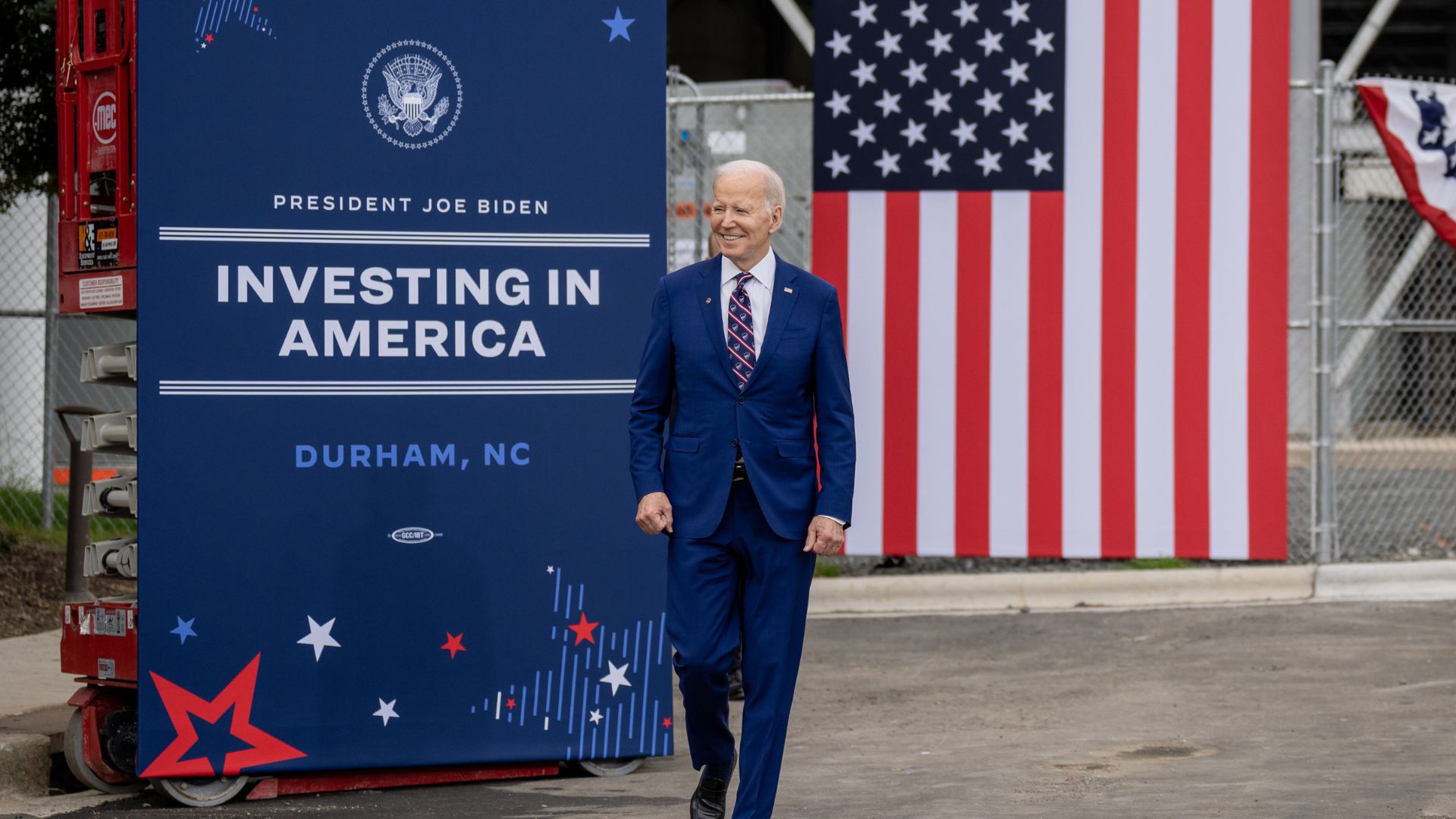
Initially thought to be stronger, the economy’s growth at just 1.3% this quarter reflects a significant pullback from the previous estimate of 1.6%.
This adjustment down from last year’s 3.4% expansion is telling of deeper issues at play, affecting consumer confidence and spending habits.
Public Perception and Presidential Blame
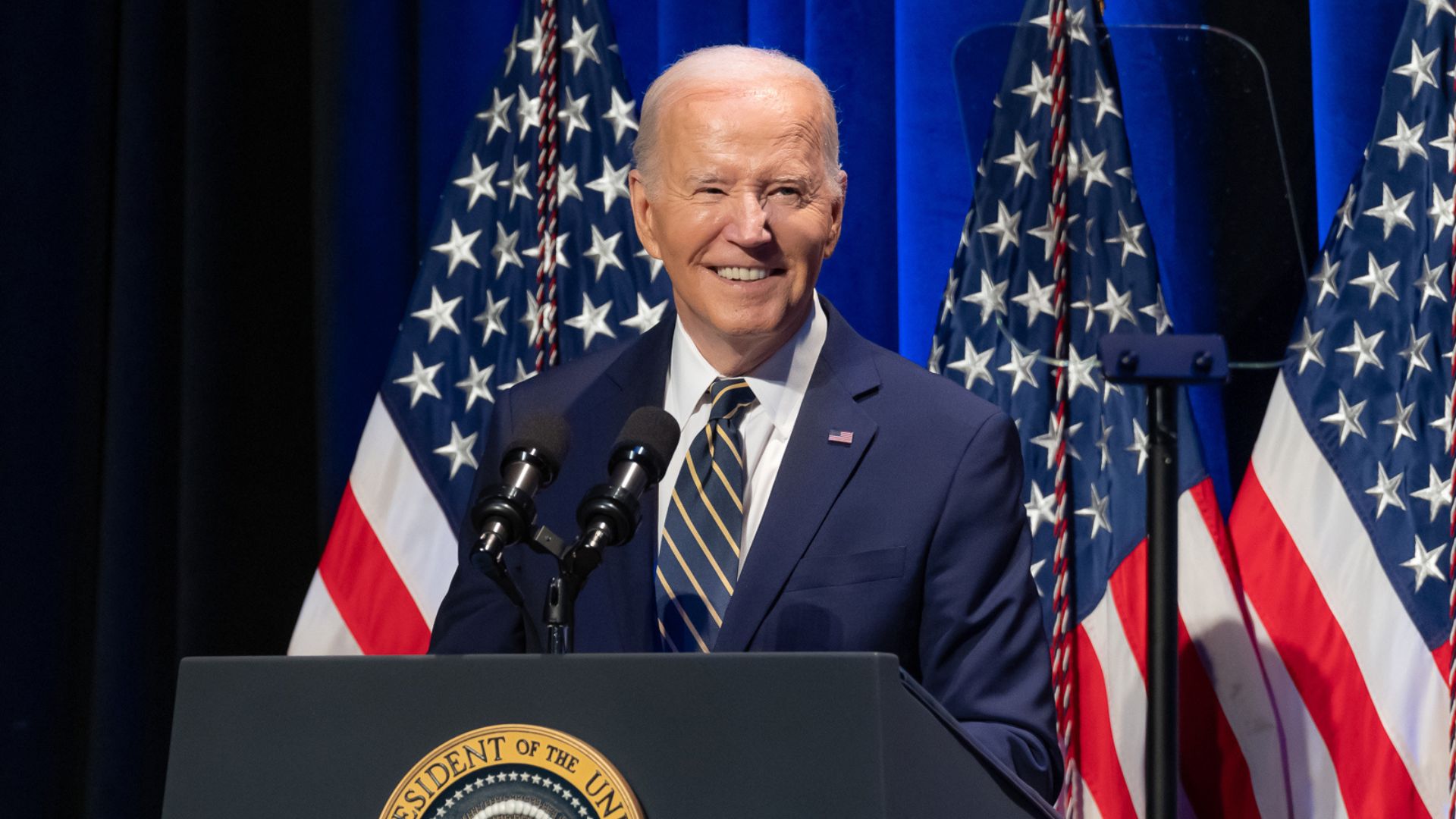
A majority of Americans are feeling the pinch and their frustration is palpable.
With nearly 60% holding President Biden accountable for the economic downturn, the sentiment in households across the country is gloomy.
Perception May Not Equal Reality
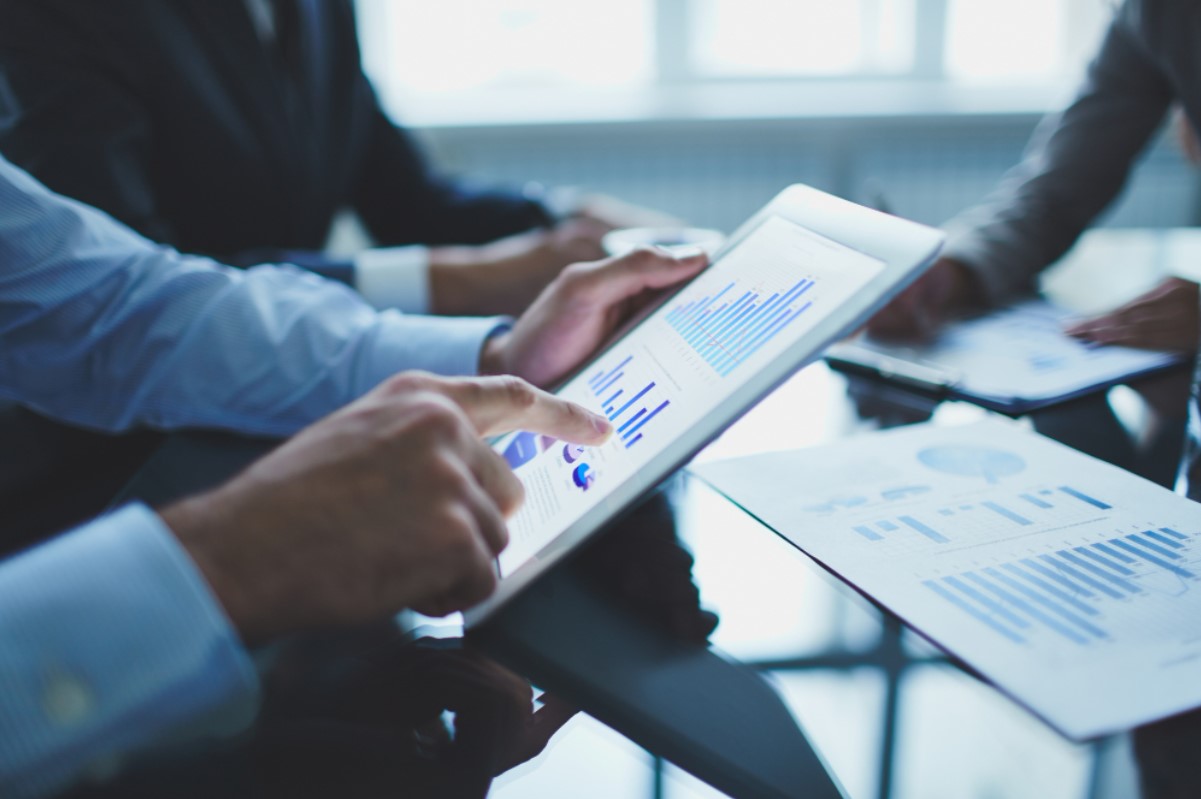
Despite the public perception that the economy is struggling, the actual situation might not be nearly as dire.
Many experts say that the economy is in fact in a very good place currently, after a tough first quarter; growth rates are high, especially compared to other nations, and since avoiding a post-pandemic recession the economy has only continued to get stronger.
Are Americans Feeling the Benefit?

It’s all well and good talking about economic growth trends, but it means little in the eyes of the voting public if people are still feeling a financial squeeze day-to-day.
Years of higher-than-usual inflation after the pandemic have led to an increased cost of living, so simple logic would say that despite whatever economic growth there may be, people are feeling no better off.
Buying Power
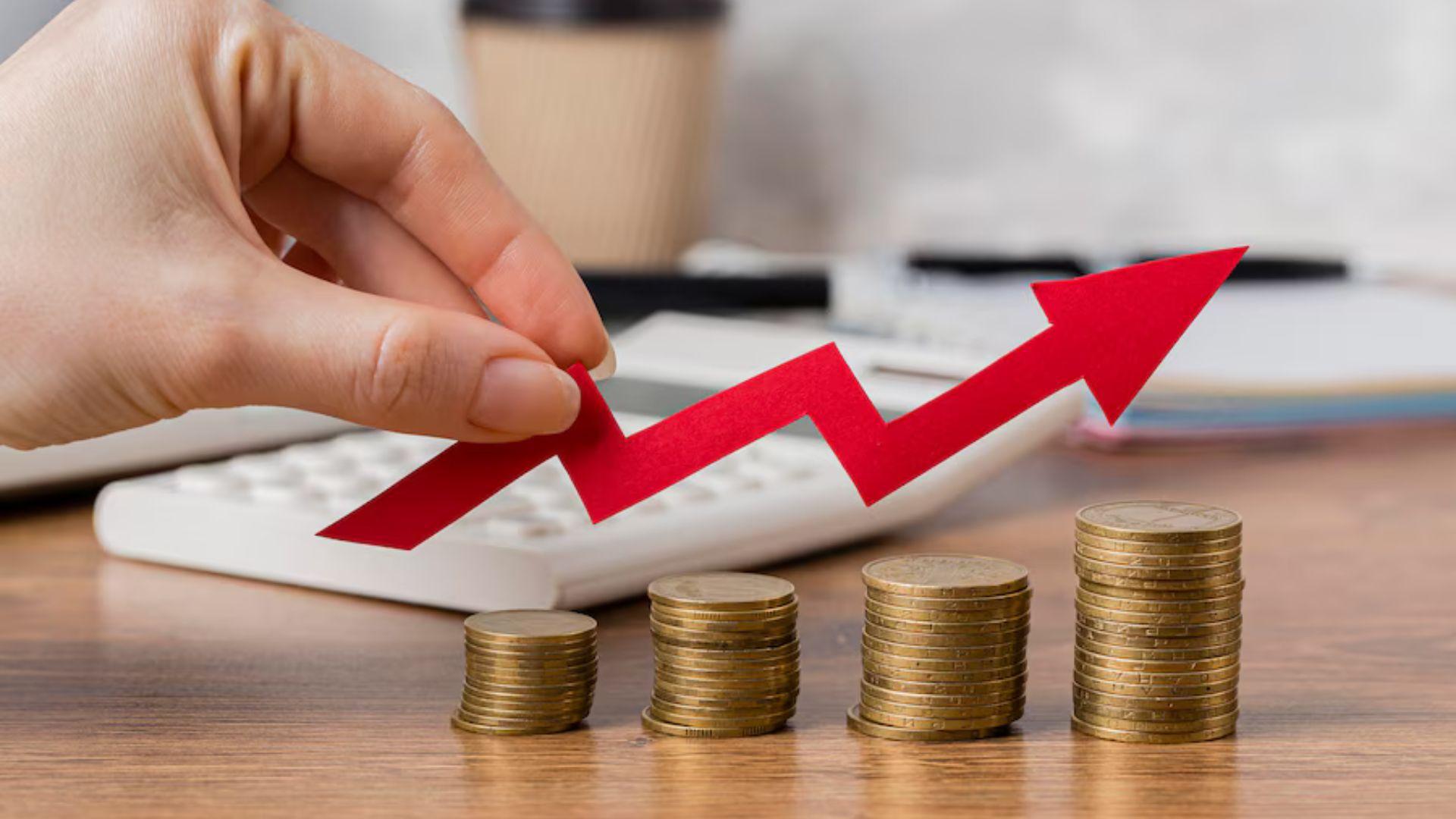
Simple inflation isn’t an indicator of the true cost of living, wages also need to be taken into account.
Prices have increased 1,400 percent since 1947, but incomes have increased 2,400 times in the same amount of time. Wage increases outcompeting price increases mean a real-terms decrease in the cost of living. This is in fact what has happened in the last five years.
Why the Warped Public Perception?
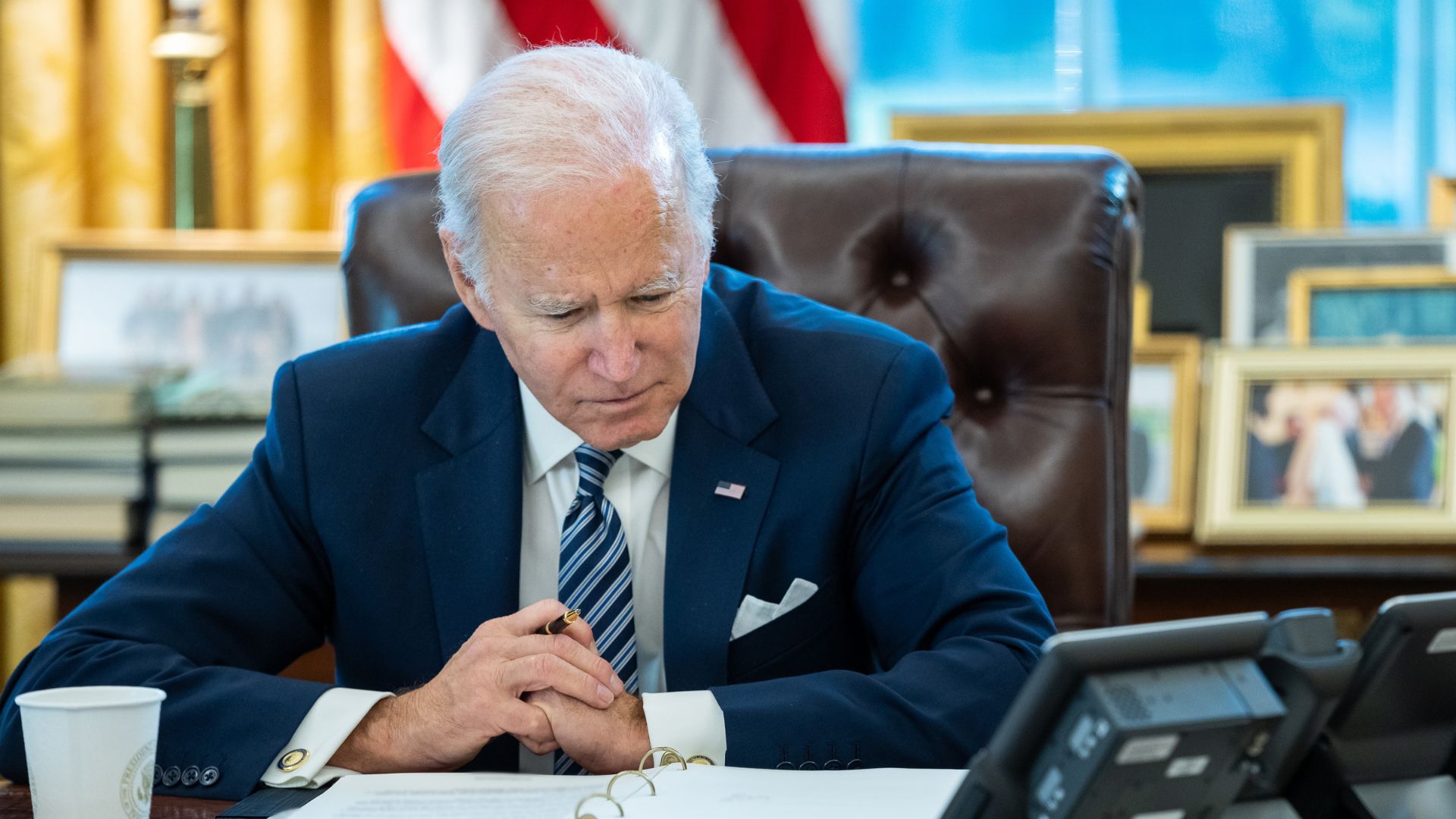
If the economy is growing and, more importantly, the cost of living isn’t getting out of hand, why is it that the public perceives the economy is struggling and blame Biden?
It may all have to do with trends and the rhythm of economic changes. This steadying out has taken some time; when inflation was particularly bad in 2021 and 2022, price rises were outsprinting workers’ pay.
The Public Feeling an Inflation Hangover?
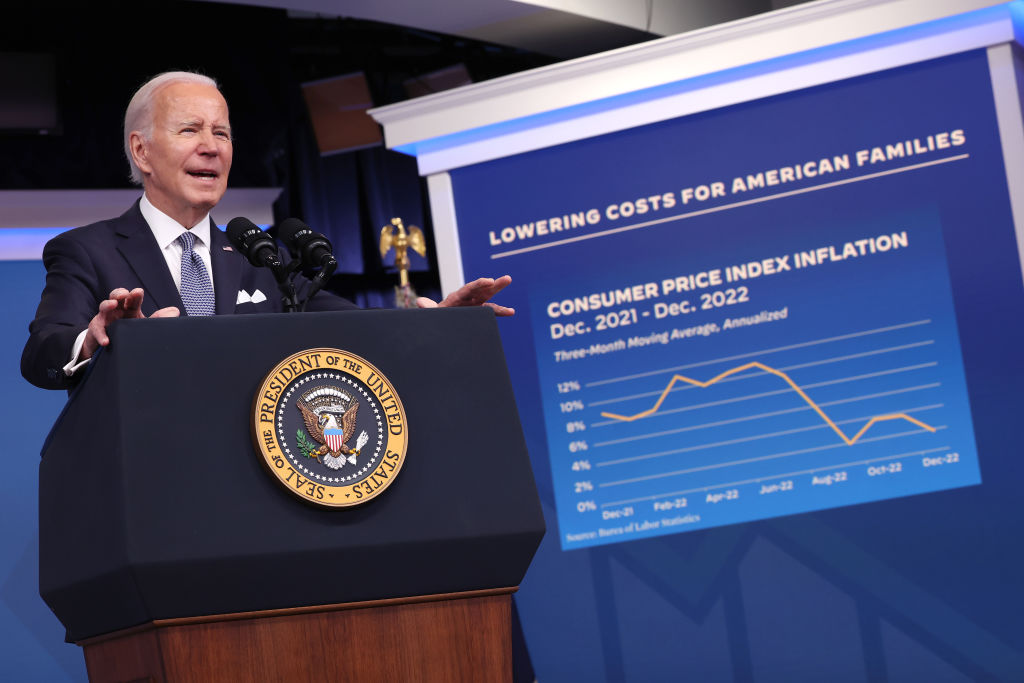
Over 2023, inflation plummeted while wages continued to rise. Wages have been rising faster than prices for over a year now and unemployment is at historic lows.
The economy is in a good place now, but people’s views of the economic situation may be colored by the challenging times they faced during the high inflation of a few years ago.
The Economy is a Partisan Issue
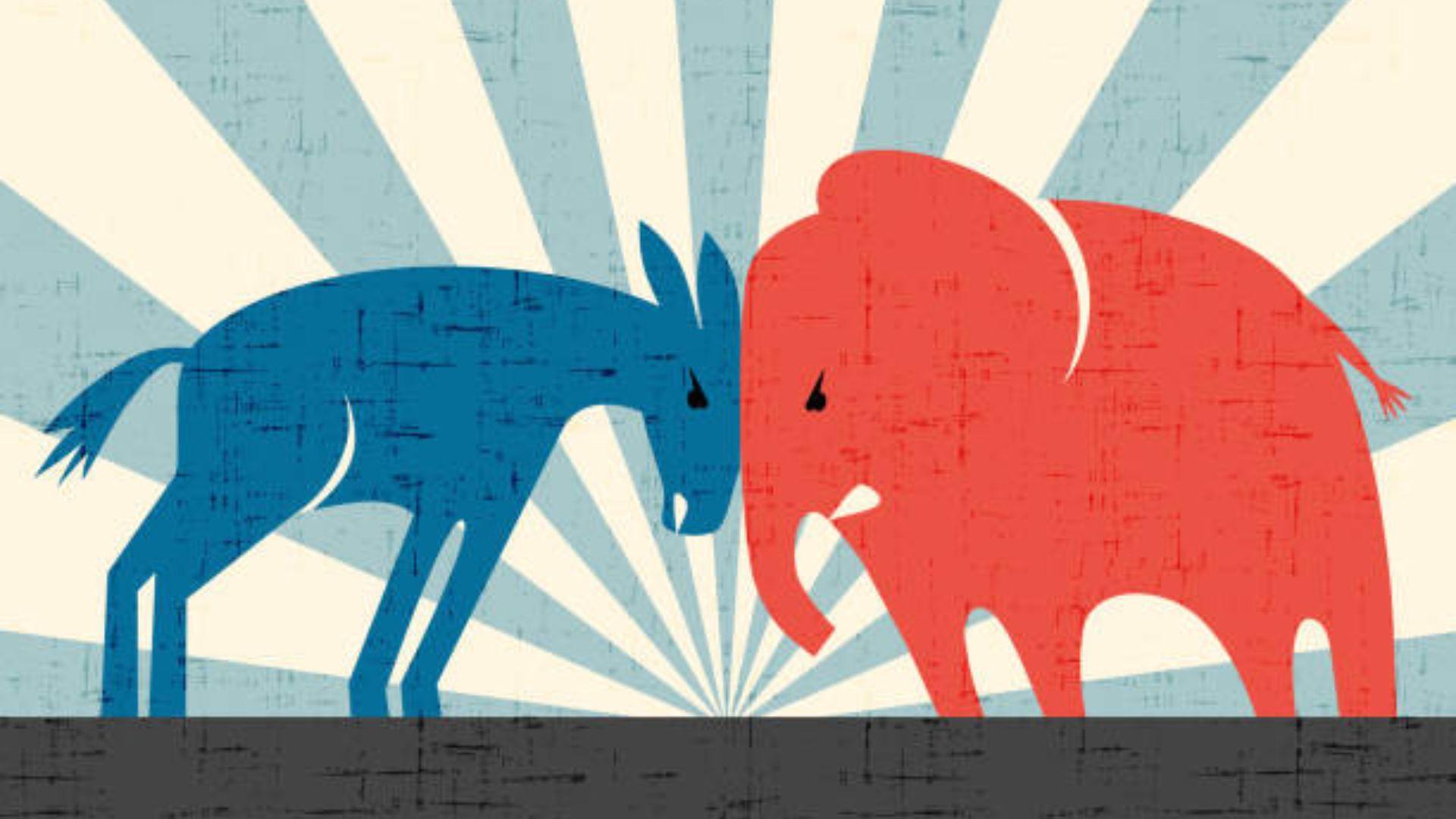
What people’s views on the economy are, regardless of what the raw data says, may be down to simple political allegiances.
People may be more likely to be skeptical of Biden and believe the economy is struggling, despite what he and experts might say, if they’re Republican. The state of the economy is a partisan issue, not an issue of reality.
The Data Holds This Out
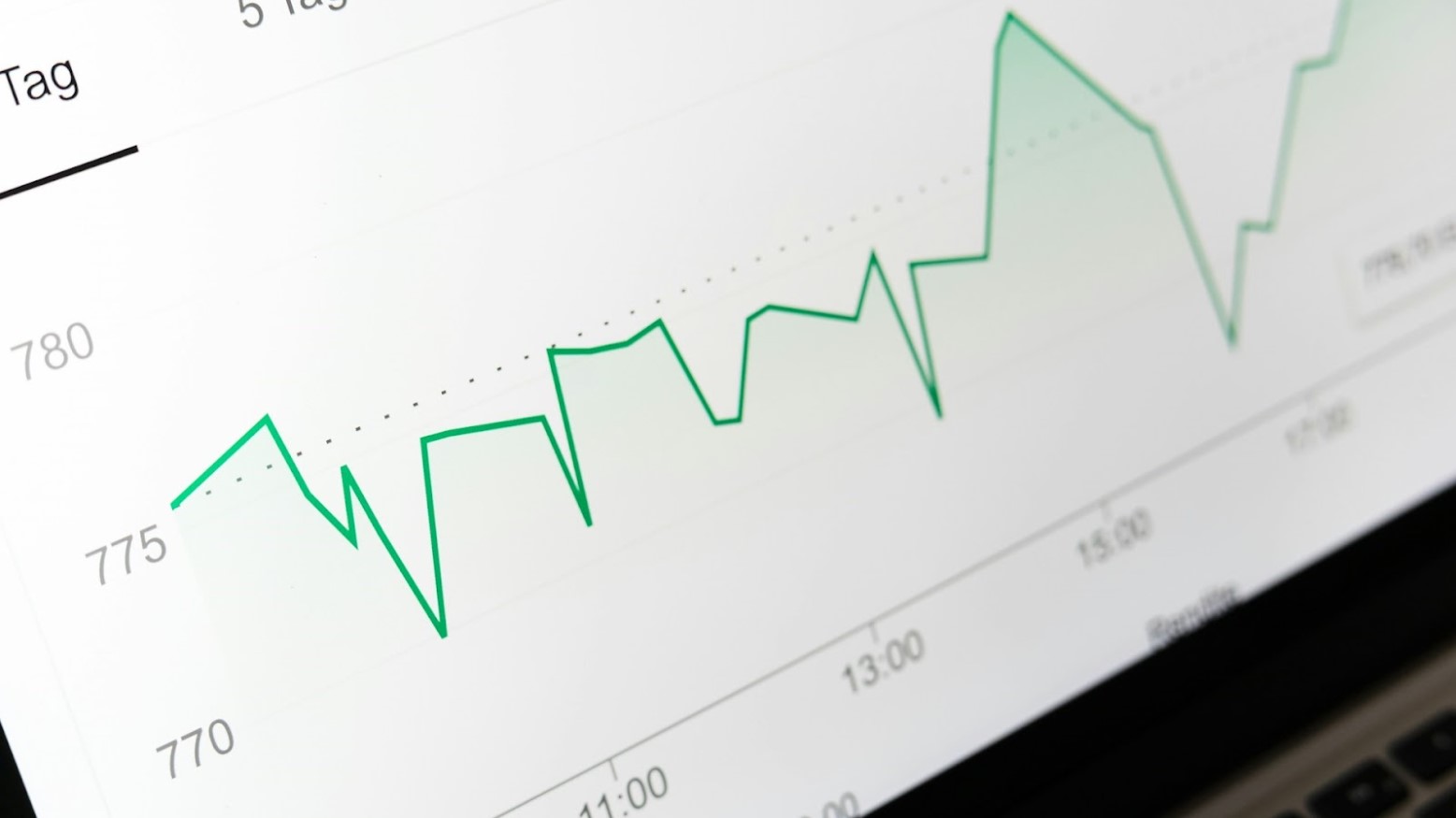
A poll conducted for the U.K. newspaper The Guardian revealed that 56% of Americans wrongly believe the U.S. economy is in recession, despite it recording very strong growth in actuality.
There is a split in this opinion down party lines, with Republicans being more likely to hold this belief. 67% of Republicans say the economy is in recession, compared to 49% of Democrats, and 53% of independents.
This is Nothing New
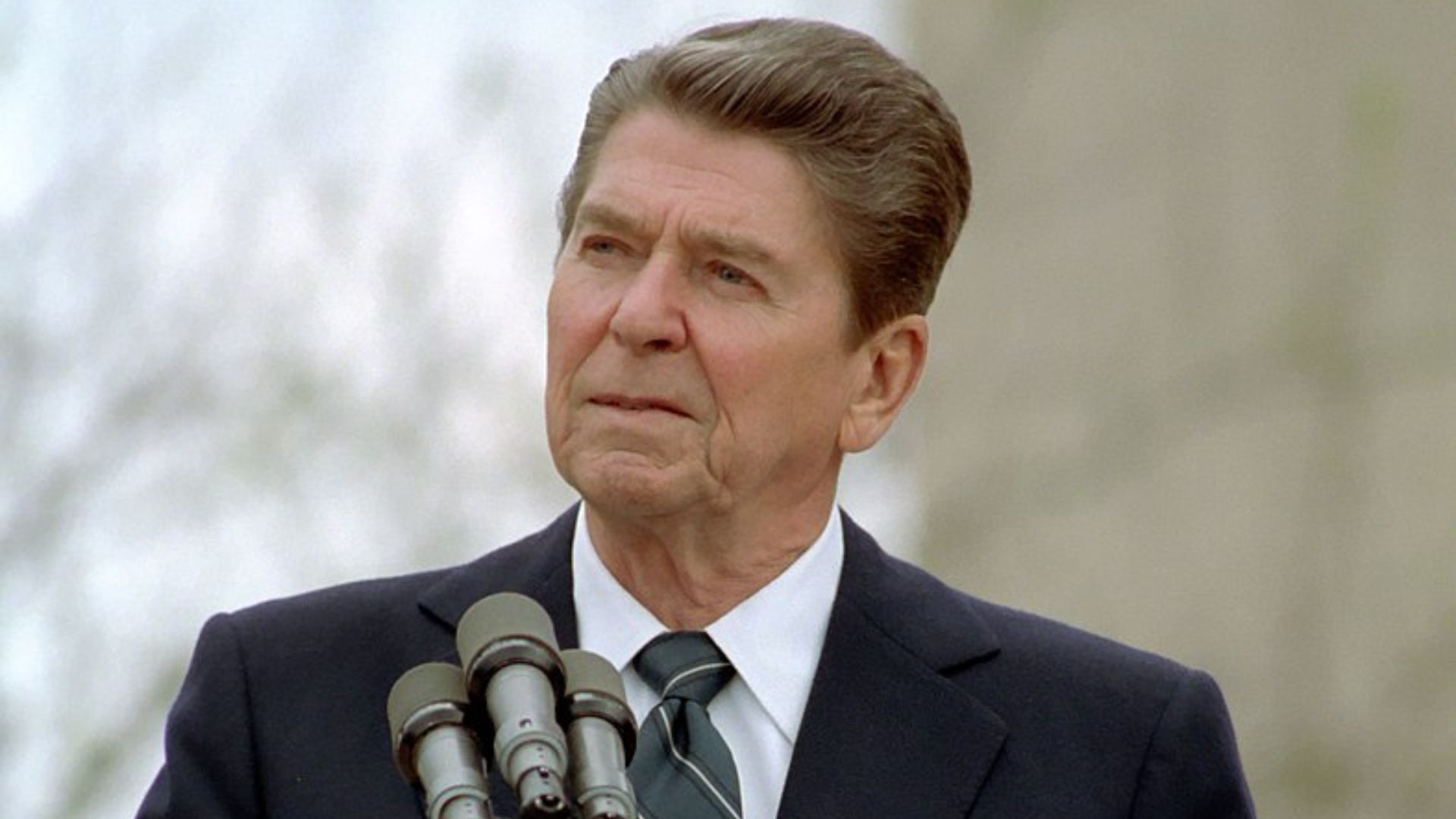
This split in opinion regarding the state of the economy between Republicans and Democrats is hardly anything new.
A partisan skew in economic perception dates all the way back to the Reagan administration — with a Republican in the White House, Republicans are far more likely than Democrats to say the economy is strong, and vice versa.
Referred Pain

There’s a possible non-political explanation for this lingering economic pessimism among members of the public.
Economist Greg Ip wrote in the Wall Street Journal about what he described as “referred pain”. People are just generally dissatisfied with a lot of things right now, be it crime, the wars in Ukraine and the Middle East, or anything else, and are projecting these fears and doubts onto their opinions about the economy.
Polls Point to Pessimism
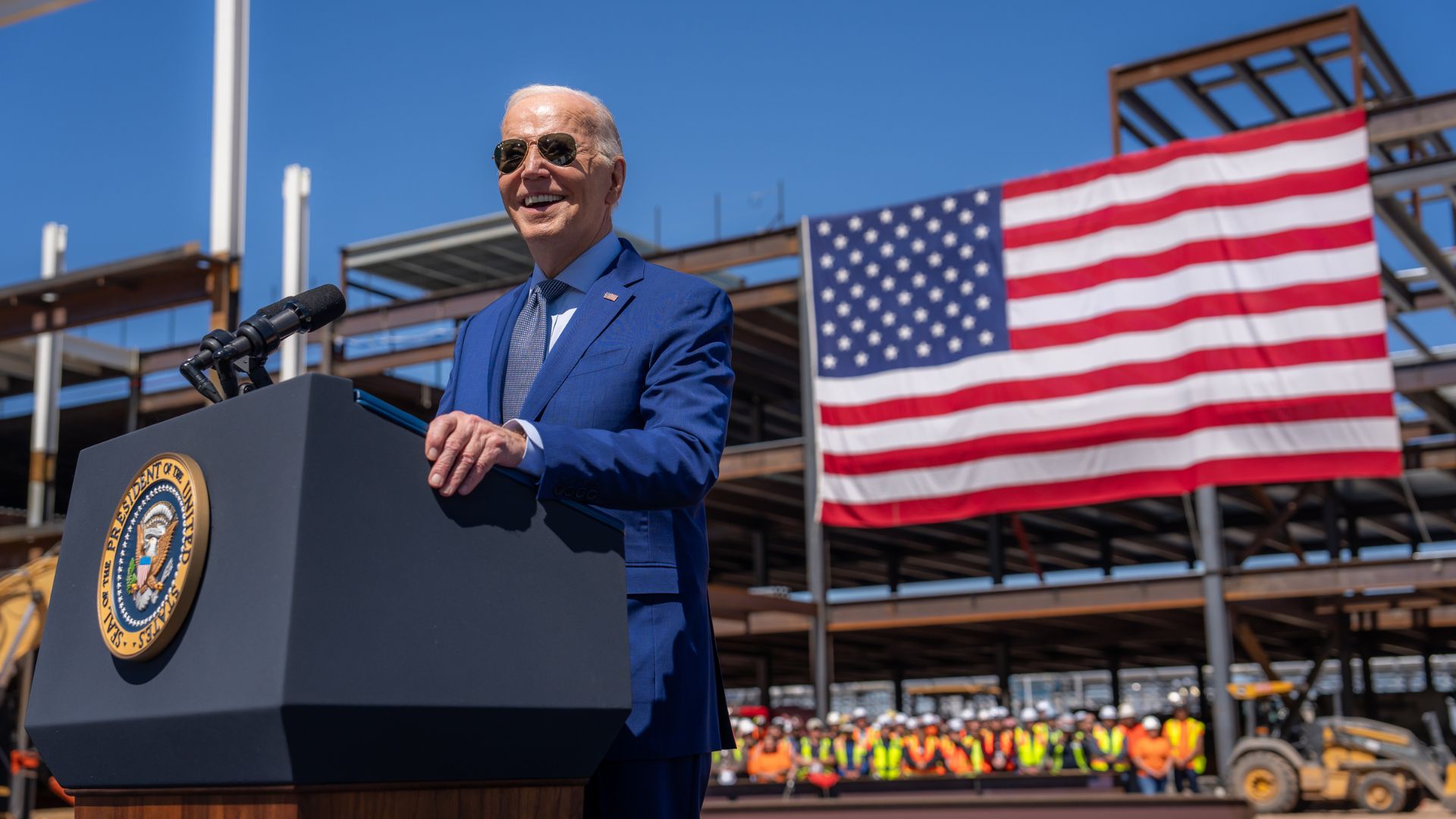
Data from a Redfield & Wilton Strategies survey reveals a stark outlook: half of the respondents feel the U.S. economy is veering off track.
This prevailing pessimism could significantly impact the upcoming elections, shaping voter priorities and potentially the outcome.
Biden vs. Trump: The Economic Showdown
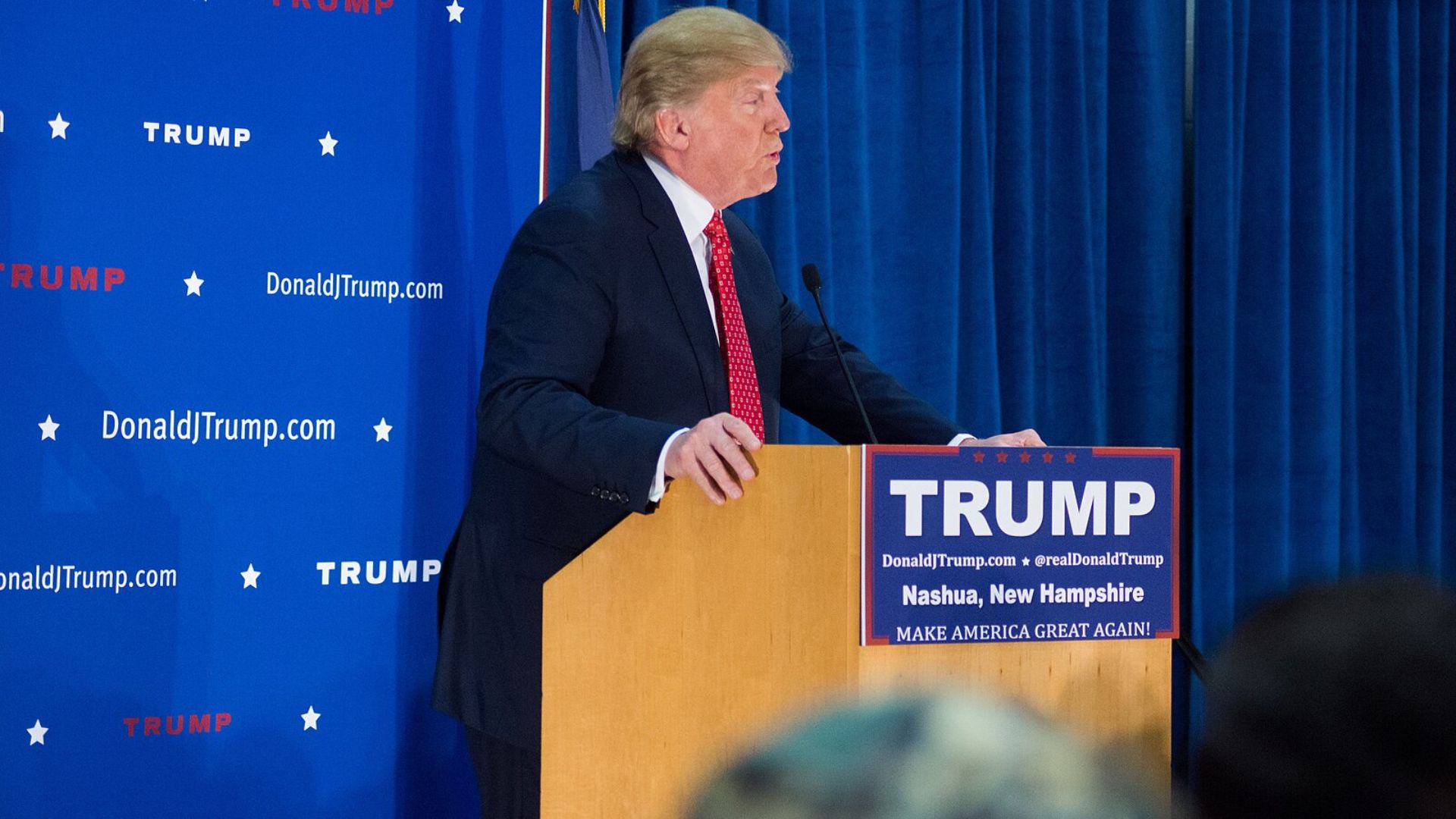
As election tensions mount, Biden finds himself in a precarious position against the backdrop of a struggling economy, directly impacting his standing against former President Donald Trump in the polls.
This economic undercurrent could prove decisive in swaying voter sentiment.
A Turn in the Tide?
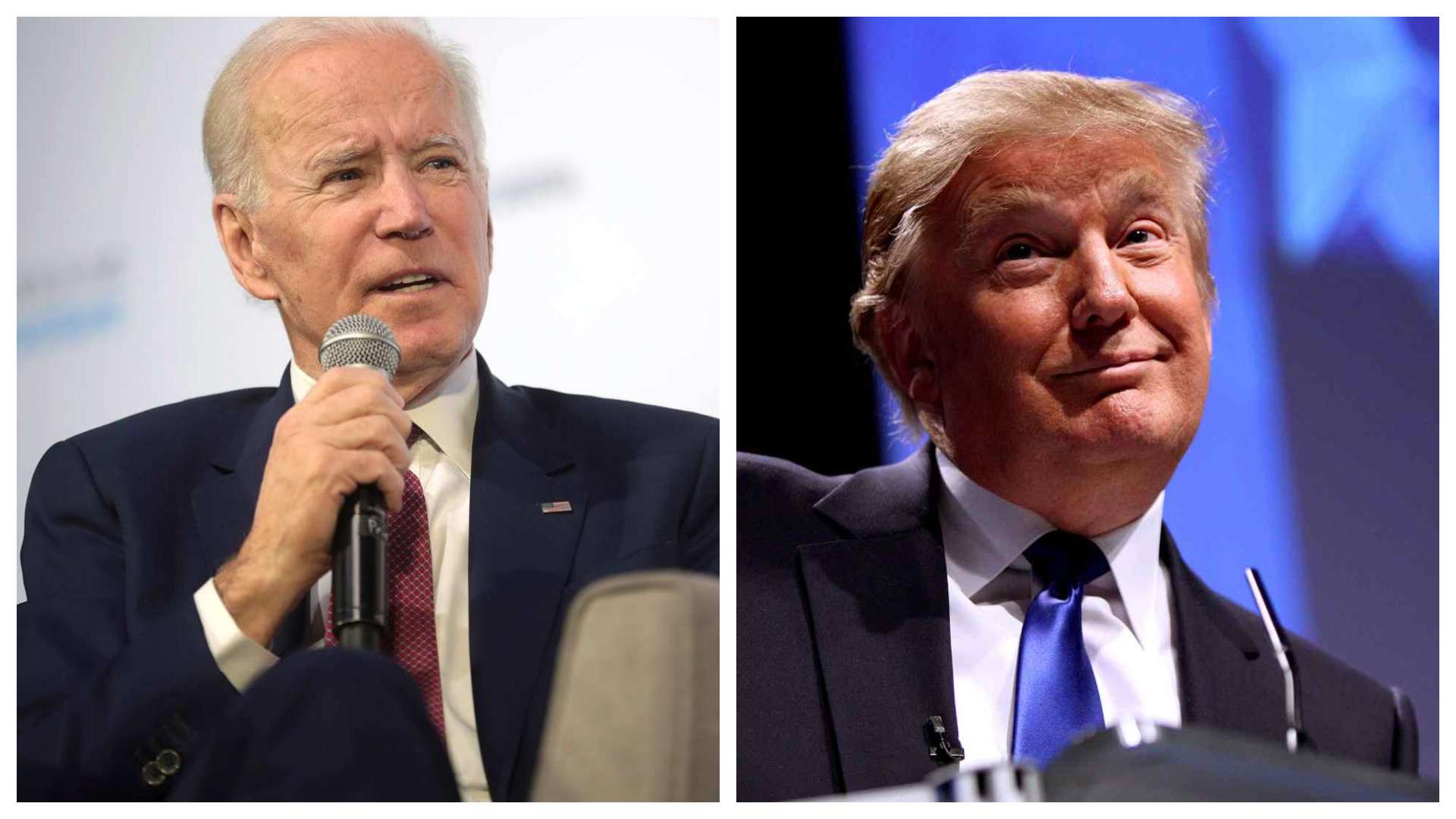
A recent monthly poll, however, suggests that Trump may have lost some of his edge over Biden regarding the economy.
In February, Trump had a lead of 11 points amongst registered voters who were asked which of the two candidates they trusted more with handling the economy. In June, this lead was down to just 4 points.
Reasons for the Shift in Opinion
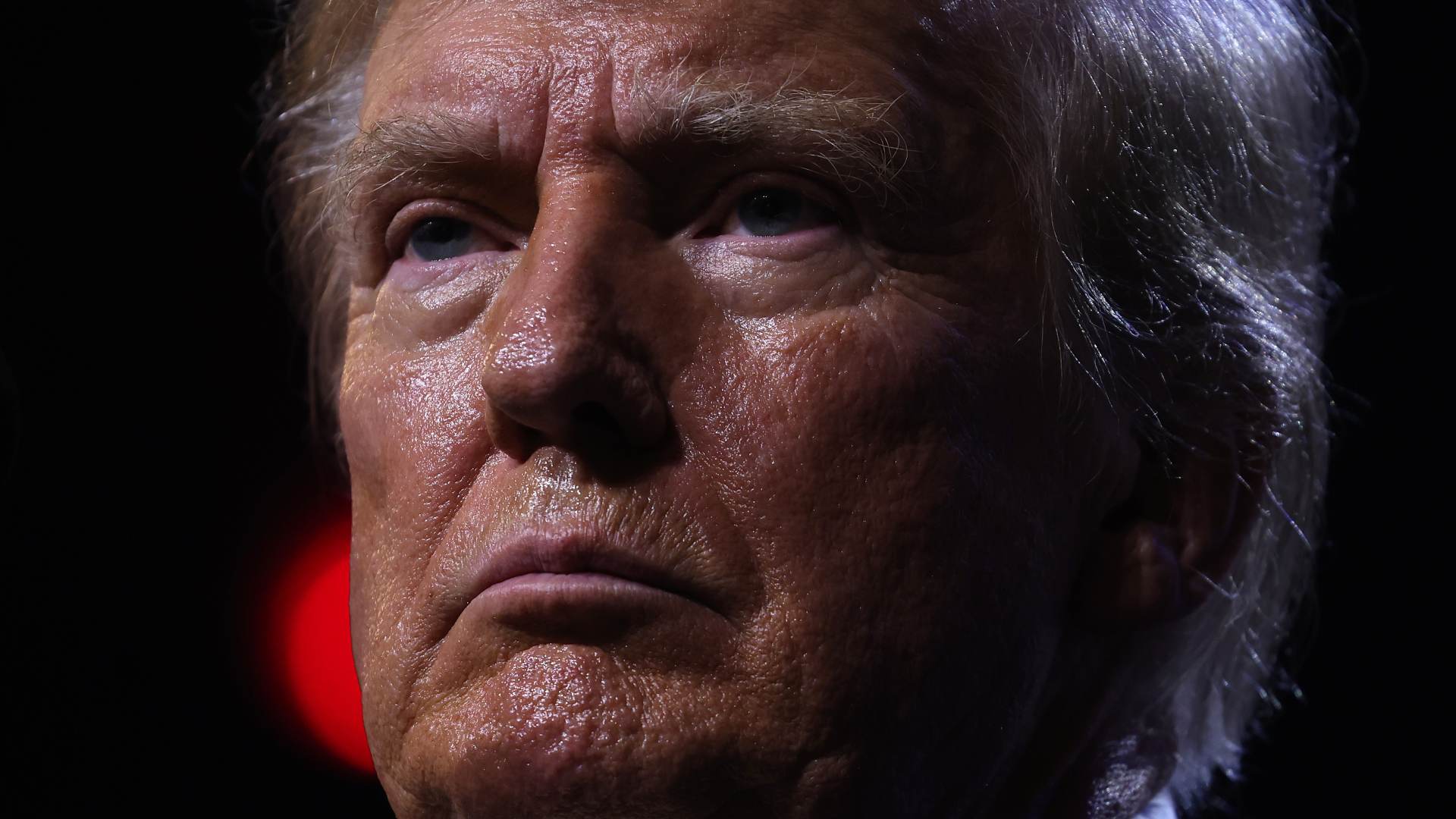
It’s possible that months of positive economic data may finally be altering public opinion and boosting Biden’s prospects of re-election.
The timing of the poll may also be a factor. It was conducted from May 30 to June 3, immediately after Trump’s conviction in his New York hush-money trial. It may indicate less a growing confidence in Biden and more a loss of confidence in Trump.
Still a Grim Picture for Democrats
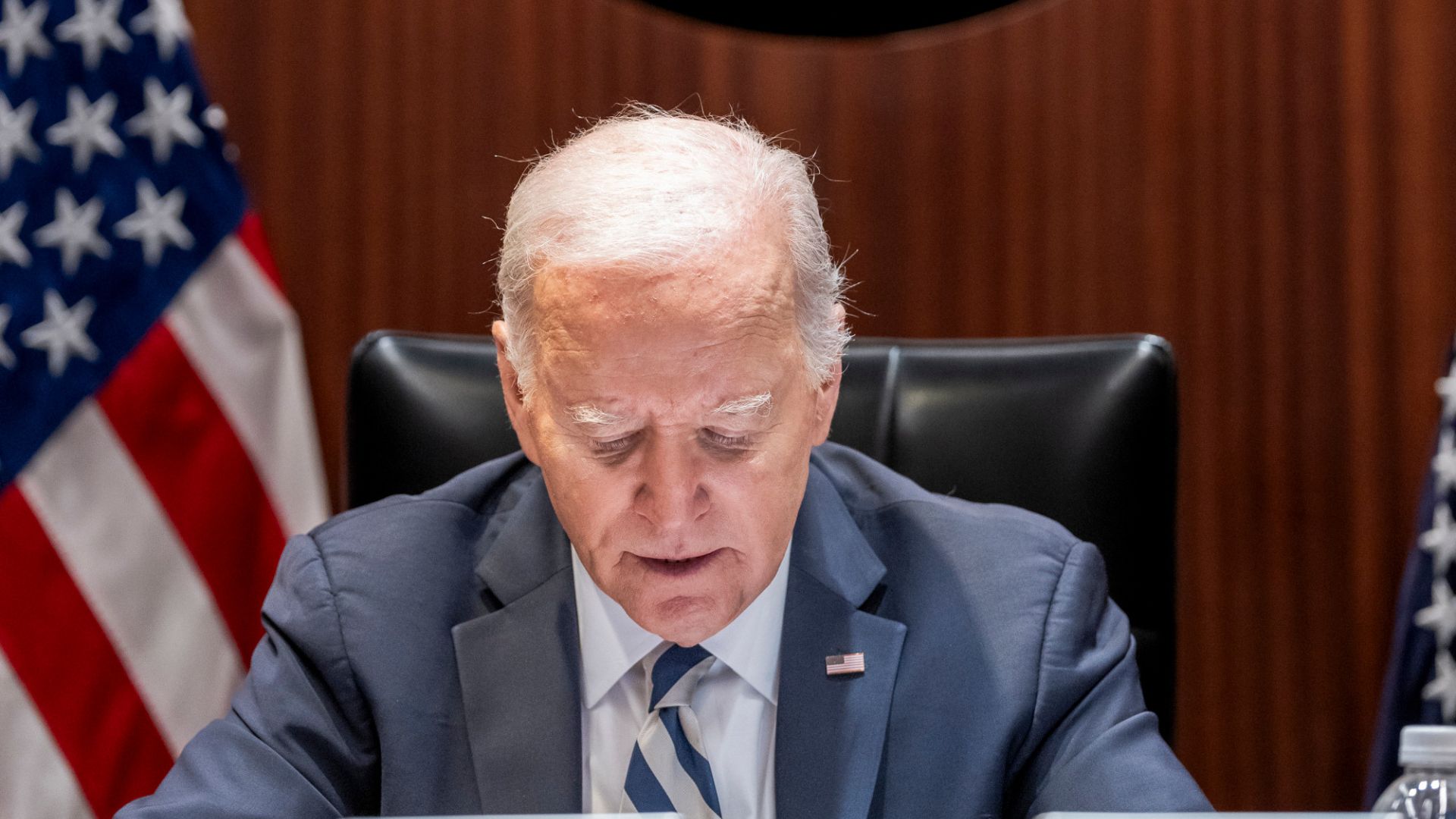
Regardless of the reason, a gain of 7 points since February is a massive improvement in terms of the public’s confidence in Biden to handle the economy.
But this is far from a positive picture for the Democrats. Despite the improvement, Biden is still behind. There’s been no change in the overall trend of him battling low approval ratings on his management of the economy.
Analysts Find a Silver Lining
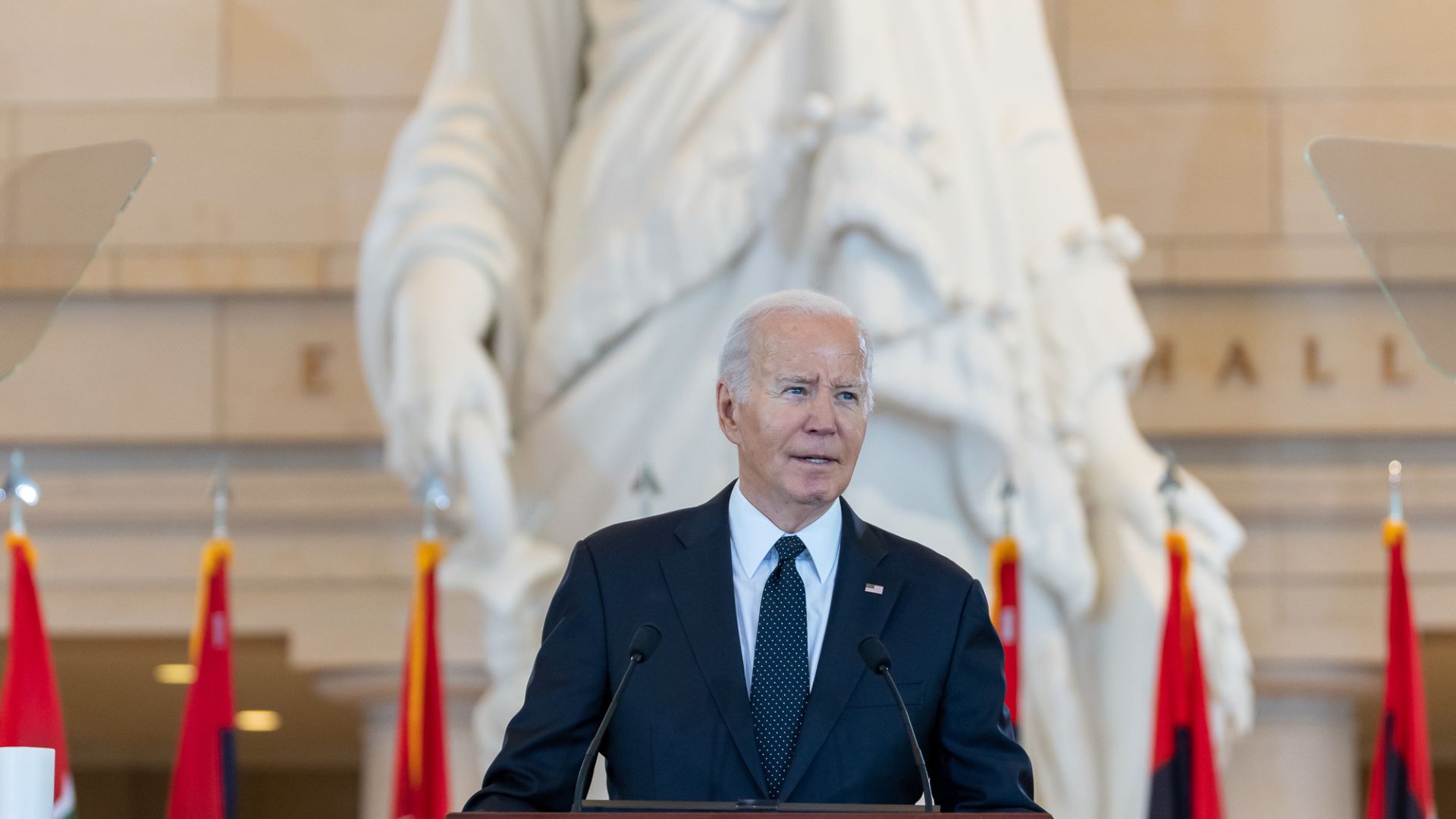
Despite the grim economic news, some experts see resilience.
“Economic activity remains robust, powered by consumers’ ongoing ability and willingness to spend,” states Lydia Boussour from EY. However, this comes with a caveat as the momentum is showing signs of slowing.
Younger Consumers Tighten Belts

The economic slowdown is influencing spending behaviors, particularly among younger and lower-income groups.
“But momentum is gradually slowing as labor conditions cool,” Boussour added, highlighting a cautious approach to expenditure and investment amidst uncertain times.
Inflation and Interest Rate Insights
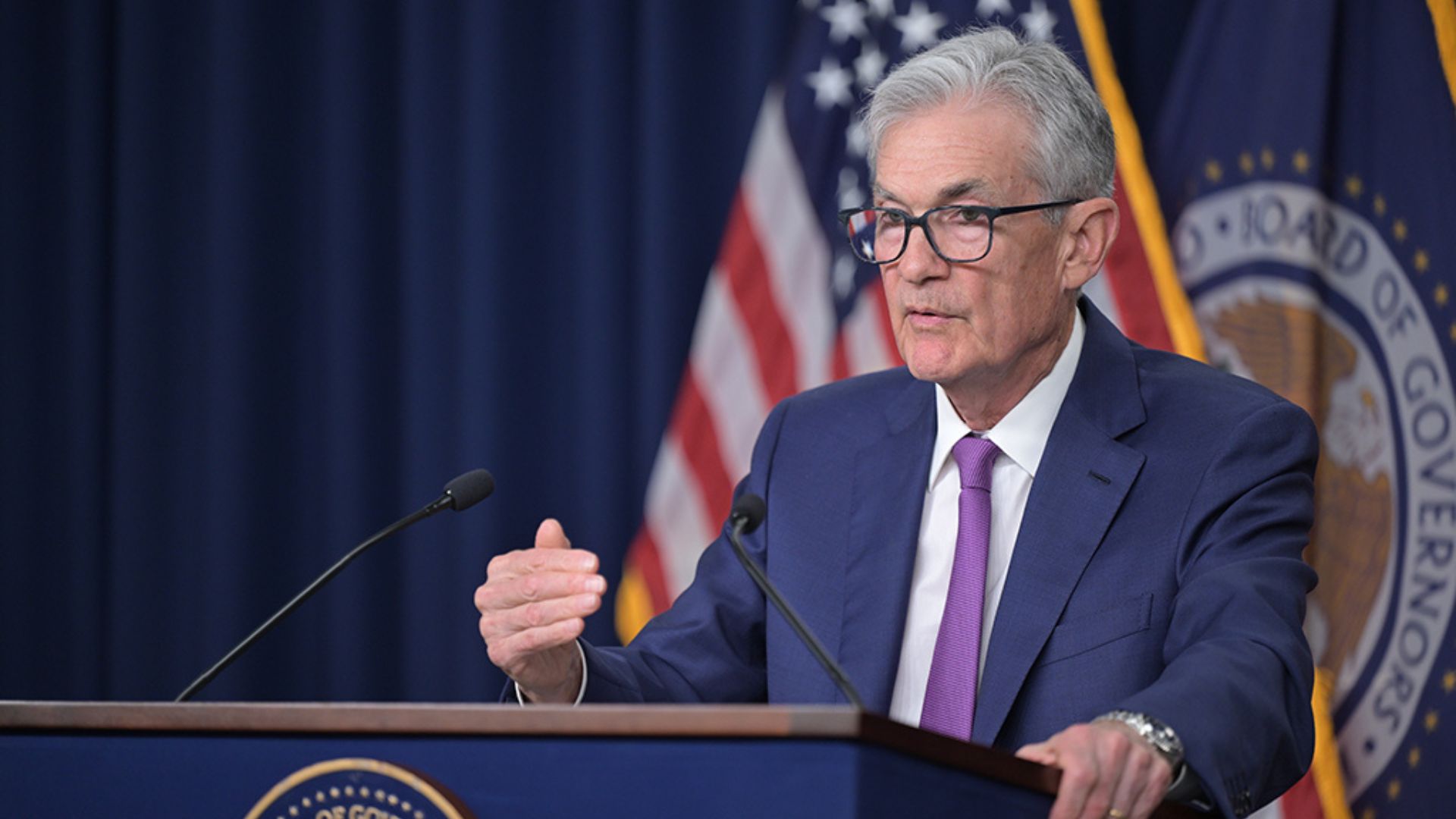
There’s a potential bright spot with inflation easing to the lowest since early 2021.
This trend might prompt the Federal Reserve to consider a reduction in interest rates, which could provide some relief by lowering borrowing costs for consumers and businesses alike.
Fed’s Potential Pivot
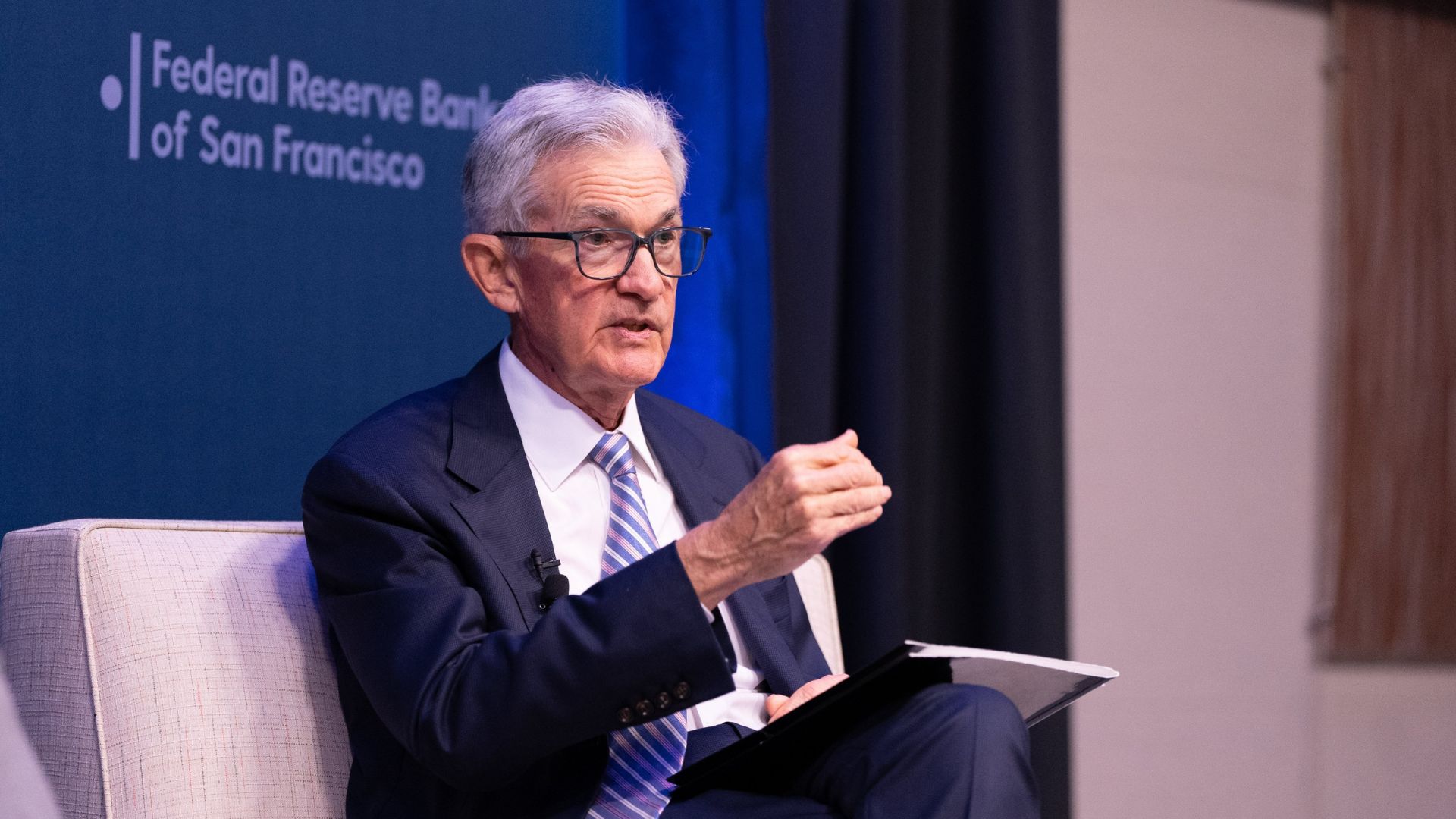
Bill Adams, chief economist for Comerica Bank, shared insights suggesting smaller revisions to inflation might lead the Fed to cut interest rates by September.
This move would be crucial in stabilizing the economy and encouraging investment in housing, autos, and business sectors.
The Crucial Consumer Spending

Despite a 2% rise in consumer spending, it fell short of expectations by half a percent.
This discrepancy indicates a more cautious approach from consumers, wary of the ongoing economic instability and its implications on their personal finances.
Economic Crossroads: What’s Next for Biden?
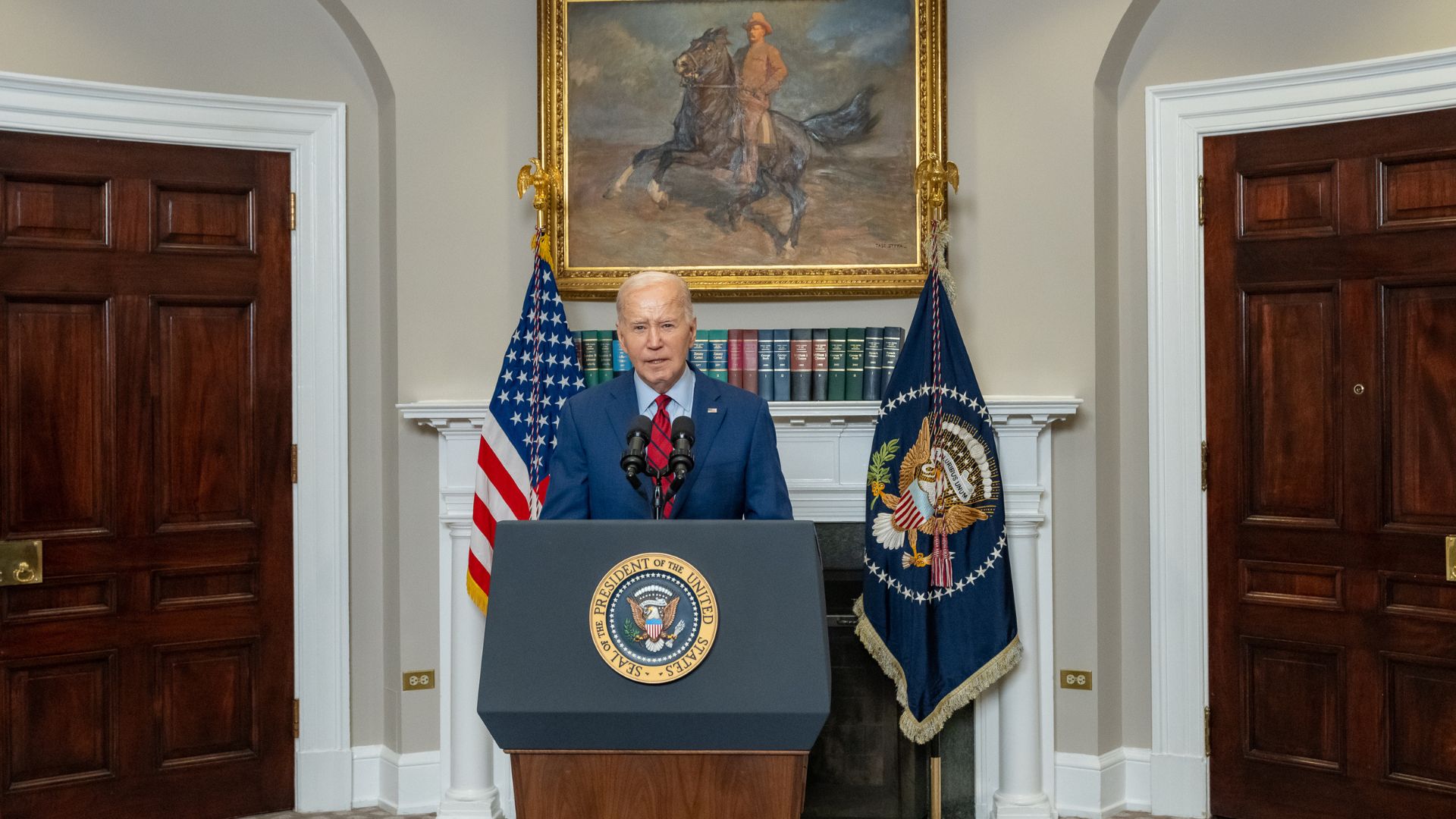
As the U.S. economy teeters on the brink of what many believe to be a recession, the political and economic strategies of the Biden administration are more critical than ever.
The coming months will be telling, as both the economy and the administration’s responses evolve in these challenging times.
